Me No Pause – What Starts with the End of Periods?
We have often seen our mothers after a certain age and grandmothers chilling around having no stress about sanitary napkins or the Periods. But they are usually warning other women, especially those who are approaching their late 30s to plan their baby sooner because of the ticking biological clock.
Let’s know what is exactly happening in the Biological Clock of a Woman.
Between the ages of 45 and 55, in general, women hit Menopause. It marks an end to the journey of nearly 35 to 40 years of the cycle of monthly periods for women, which had started with the first period or the Menarche at a young age. After Menopause, a woman is no longer able to reproduce to give birth.
The hormone called Estrogen which is also known as a reproductive hormone begins to drop in its count around the Menopausal Period, which starts a few years before the Menopause.
A low estrogen level makes getting pregnant and pregnancy difficult.
Let us dig deeper into this less spoken word and phenomenon called ‘Menopause’.
Majority of the women hit Menopause around the same age as their Mother’s or Sister’s Menopause age.
But do you know that there are 3 stages of Menopausal phase, also known as Climacteric?
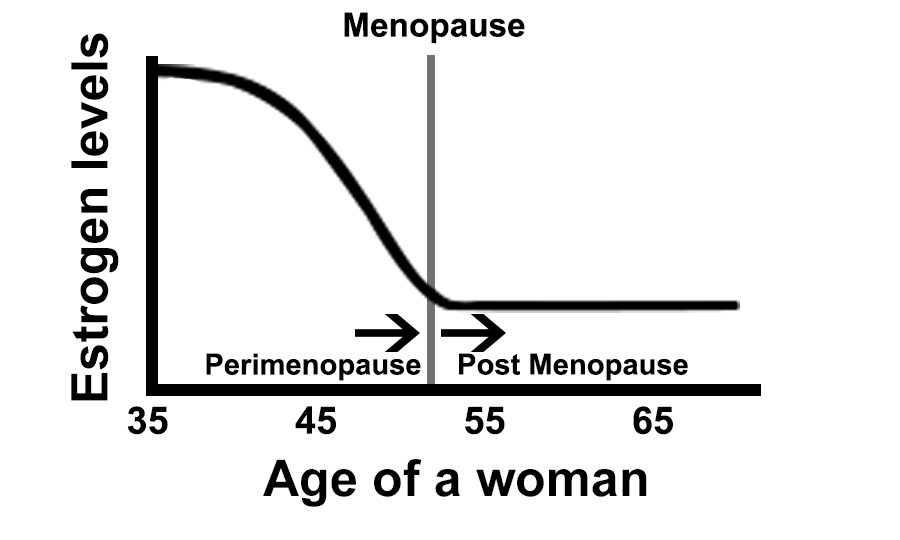
The graph shows decrease in the Hormone Estrogen in the body of a woman who would get Menopause around the age of 51.
Stage 1 – Perimenopause
The time when estrogen levels in a woman’s body start to decline. This happens mostly around the 40s or early 50s and usually lasts up to 4 to 5 years before menopause is reached. So, menopause is not a one-time event, but another journey in itself.
This is the time when women suddenly start to notice changes in their body. The symptoms of Perimenopause gradually increase in intensity as women progress towards Menopause.
Stage 2 – Menopause
This is the moment when a woman has had 12 months of ‘no periods’ in a row from her last menstrual period. Hitting menopause marks the end of menstruation. Ovaries which are the primary source of estrogen in female’s body stop producing estrogen.
But remember, getting a period in between the count of 12 months would mean starting the count all over again.
Stage 3 – Post Menopause
This is the time of life after Menopause. No periods, no cramps, no need to maintain track of dates!!
However, one must consult the doctor if symptoms of menstruation persist.
Menopause is a life event which happens with every woman on this earth. This is not any kind of deficiency and it should be considered as absolutely normal.
However, the way it happens doesn’t make a woman ‘feel’ normal.
All the 3 stages of Menopause are accompanied by ‘not so easy but common symptoms’ which vary for each woman.
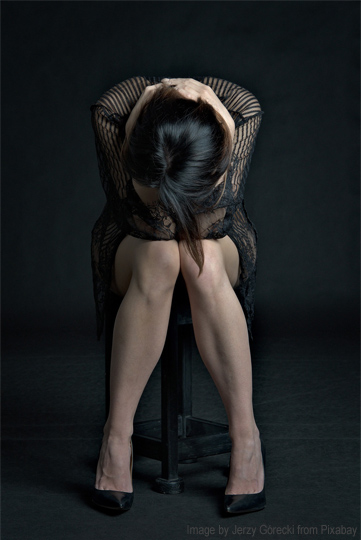
Menopausal symptoms can take a toll on your life
It all starts with Irregular Periods.
This is probably the first sign of Perimenopause or Menopausal transition that you would be able to easily notice when your menstrual cycle will get disturbed. Before coming to a final stop Periods will again mess up your life.
With rise and fall in estrogen levels, periods might get longer or shorter and bleeding might get light or very heavy. The fixed monthly cycle days will start to vary from early periods to sometimes late. Sometimes a cycle may get skipped.
In case of severe bleeding, consulting a Doctor is a must.
After having several irregular monthly cycles, you will reach 12 months of no periods in a row to mark the Menopause.
Other symptoms of Perimenopause gradually increase in intensity as you reach near Menopause. Some symptoms might subside after Menopause while some will continue to remain even during Post Menopause.
Let’s know more.
Mood swings, they will come when you are not in the mood.
At your different reproductive stages, you might have already gone through several episodes of mood swings. In a female’s body, Estrogen and Mood Swings are directly proportional to each other. Now when estrogen levels are getting changed, how can mood not be affected.
Many women have experienced bouts of extreme irritability and finickiness during this time and family members have often been at the receiving end.
The best advice is to discuss your menopausal stage and symptoms with your family members. Understanding the normality of your situation can help avoid unintended quarrels in the family.
Exercising, yoga and meditation have also proved beneficial.
Hot Flashes
Estrogen levels start to drop faster during the last one to two years of perimenopause.
Almost all women get hot flashes during this time which can last for 30 seconds to 10 minutes and can occur once a day or at multiple times. Hot flashes can also come at night leading to night sweats and difficulty in sleeping.
And these hot flashes, that is, a sudden feeling of heat in the body are no easy game.
Menopausal women have experienced extreme sweating, flushing of face, heart palpitations, feeling of dizziness and then cold after a hot flash. Some women just experience coldness.
It is preferred to wear layers of clothes during this time and stay away from heated environments to avoid aggravating the symptoms. Sometimes women have to take a break from other things and move to a separate cooler area at the onset of a hot flash.
Many women even resort to holding small handy fans near their face.
But one must consult the Doctor if hot flashes become unbearable.
There is one relief. Hot flashes usually recede for most women after reaching Menopause.
Weaker bones & Osteoporosis
Estrogen also protects our bones and joints. But a decrease in estrogen levels during perimenopause and menopause will cause bone loss and decrease in the bone density. This is also one of the reasons why women are at higher risk of Osteoporosis in their old age.
Regular exercising, eating a healthy diet having Calcium and Vitamin D supplements can minimize the risk of Osteoporosis.
Forgetfulness and Alzheimer’s
The hormone Estrogen also maintains and affects mental health in women. Decreasing estrogen levels during perimenopause and low count after menopause makes estrogen incapable to properly manage our nervous system and brain chemicals.
Thus, ageing along with menopause symptoms make women more prone to develop Alzheimer’s if a healthy lifestyle is not followed.
Heavy periods, stress, anxiety, caffeine, night sweats etc.. can disturb sleep and poor sleep also leads to memory loss.
While the loss of estrogen might not be avoidable, anything that induces good sleep and prevents sleeplessness should be inculcated during all stages of Menopause to minimize forgetfulness and further effects.
Frequent urination and Vaginal dryness
Low estrogen also affects our bladder and can cause the need for frequent urination in some women.
Vaginal dryness is another effect of low estrogen count in women’s body before and after menopause.
Consulting a doctor is a good recommendation to minimize these effects.
Weight gain and Hair loss
Some women tend to feel an increase in appetite and fatigue with the drop in estrogen levels. Thus, women also tend to put on some weight during the menopausal transition time.
Low estrogen levels and stress also lead to hair thinning and hair loss in some women.
Lack of confidence
Perimenopause and Menopause can affect your emotional health too. Due to sudden mood swings, hot flashes, weakness, fatigue, inability to concentrate, brain fog and other symptoms, many women have felt losing their self-confidence and not feeling themselves during their menopausal period.
Some women end up quitting their jobs or face difficulty in managing personal relationships with their spouse or with their children.
Life after Loss
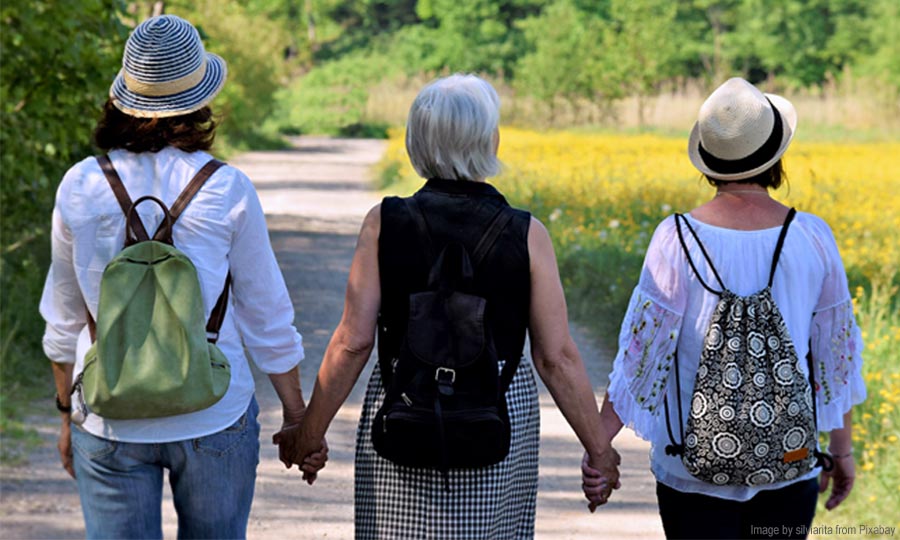
Live Life without Worrying
Overall, we can say that Estrogen is a hormone of extreme importance in the body of females. It naturally starts to leave our body after a certain age and brings consequential symptoms which affect different women differently, but its loss and symptoms cannot be completely avoided.
One might get a feeling that with to so many health issues, the life of a woman is virtually finished after menopause.
However, if we look around, we will see that many women feel free and more active after menopause.
So, how can women pass through their these difficult times?
Talking to other women will definitely help in feeling better, reminding you that you are not the only one.
Consulting the Doctor from time to time and discussing your symptoms with your family members will make life easier for you.
Adopting a healthy lifestyle and diet and keeping a positive approach towards the last stages of reproductive life and ahead is important.
Time to give back !
Menopause can also be considered to be the time to give back the love and care to our mothers who have embraced so much pain in their bodies to bring us to life and raise us.
By knowing about Menopause, sisters and daughters can have a better understanding of the symptoms and can provide better support to the menopausal women of their family and around.
Let them not suffer alone in pain and suffering without mentioning the reason for it. I wish I had this knowledge when my mother was going through her tough time.
Share your Menopause story. Let there be no hush up about it.
Every story is a learning and inspiration for other women.
You can also post as anonymous in the comments by leaving the space for name blank.
You may also check more posts with Insight on Menopause on the link mentioned below-
Let’s talk Women!!
Disclaimer : Symptoms & Tips mentioned above are based on experiences of different women. Please keep consulting your Doctor from time to time & Don’t Pause!
Like (2)
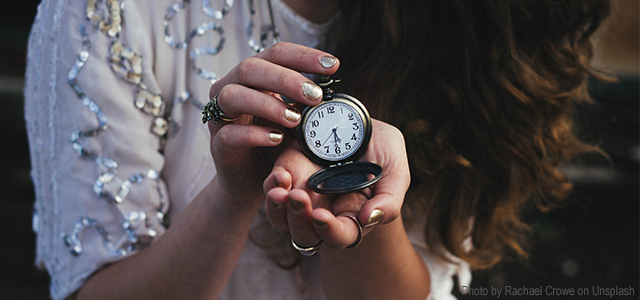
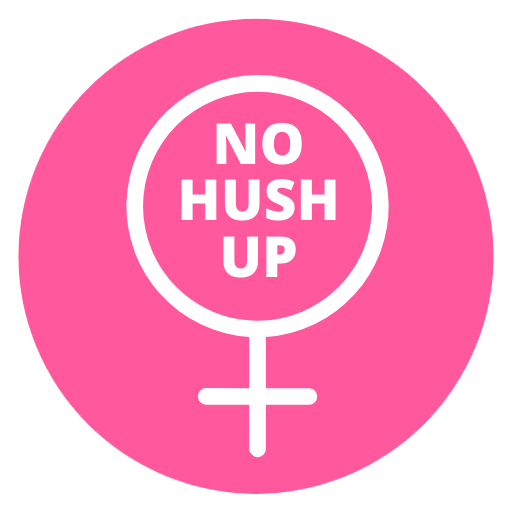
good article
Excellent information, especially for people who are unaware of the different stages in a woman’s life.
Thanks Nidhi ! Yes, many women are not aware of different stages in a woman’s life, especially about menopausal period. Many women are generally aware that menopause means end of periods, but they don’t know how it affects their entire body and how early its symptoms can start. We need a lot of awareness amongst all women on this.